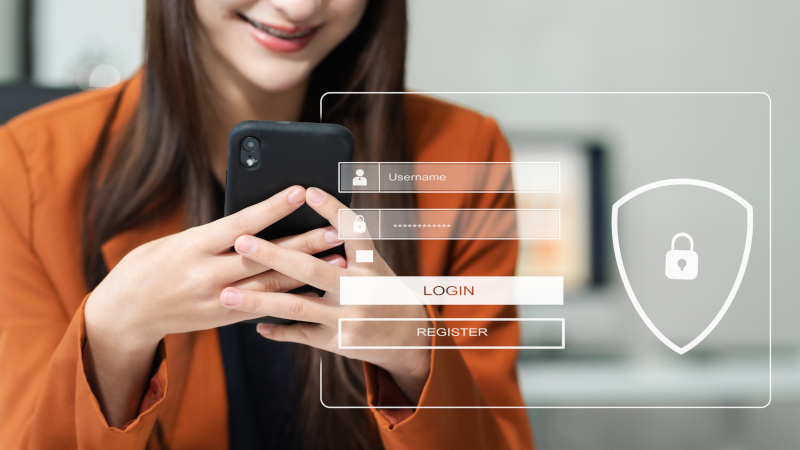Protect Your Mission: A Simple Cybersecurity Guide for Nonprofits
Sep 22, 2025

How to Protect Your Donors and Your Reputation, Even with a Limited Budget
A Wake-up Call No Nonprofit Wants
Not long ago, a mid-sized nonprofit in Houston, Texas, was doing vital work, running a food distribution program that fed thousands. But they were hit with a crisis that had nothing to do with supply chains or volunteers. It was a data breach.
The hackers accessed their donor database, exposing the names, addresses, and credit card information of hundreds of their most loyal supporters. The fallout was immediate and devastating. Donations slowed to a trickle, staff had to divert countless hours to damage control and legal consultations, and the community they served suffered as a result of the reduced funds.
For nonprofits, a data breach isn't just a financial hit. It's a direct attack on the very trust that underpins your mission. Every minute spent dealing with a cyber incident is a minute not spent making an impact, and it is the minute that could cost you your reputation.
Why Nonprofits Are Prime Targets
Cybercriminals see nonprofits as especially vulnerable. Here's why:
- Sensitive Data: Donor records contain valuable personal and financial details.
- Weaker Defenses: Almost all nonprofits lack large IT teams or advanced systems, making them easier to breach.
- Trusted Relationships: Supporters trust nonprofits with their information. A single breach can shatter that trust overnight.
27% of nonprofits worldwide have experienced a cyberattack (email phishing, website hacking, ransomware, social media attack, etc.). Source
Start With These Simple Practical Steps
The good news is that nonprofits can take meaningful action without needing an IT department. Here are simple, effective steps that strengthen your defenses:
- Enable Multi-Factor Authentication (MFA): MFA requires more than just a password to log in, making it one of the easiest and most effective ways to keep accounts secure. Enable MFA on your management systems. Platforms like Karpura have this built in, helping nonprofits add a powerful layer of protection at no extra cost.
- Train Staff to Spot Phishing Emails Since most cyberattacks begin with phishing, staff and volunteers should be trained to pause before clicking on links, verify senders, and question urgent requests.
- Use Strong, Unique Passwords Password managers can simplify this and reduce the risk of reused or weak credentials being compromised.
- Regularly Back Up Your Data Secure backups, whether on encrypted drives or trusted cloud services, ensure you can recover quickly if ransomware or accidental deletions strike.
- Vet 3rd Party Vendors Any vendor handling donor data should meet strong security standards. When vetting vendors, ask about their hosting infrastructure. Look for those that use secure, world-class cloud platforms like Google Cloud or AWS. Karpura, for example, is built on Google Cloud's secure infrastructure, helping our clients inherit that high level of protection from day one, while also offering fine-grained admin access controls to nonprofits to ensure that only the right people see sensitive information.
Protect Your Mission
Cybersecurity is ultimately about trust. Donors want to know their information is safe. Staff want confidence that the tools they use won't expose the mission to risk. And communities need nonprofits focused on serving them and not scrambling after an avoidable data incident.
By taking small, practical steps and by choosing secure platforms like Karpura, that prioritize data protection, you strengthen the foundation of trust that makes your work possible.
Your mission is too important to let a preventable data breach disrupt it. Start today, protect your donors, and keep your focus where it belongs: making a difference.
Ready to see how Karpura can help your nonprofit stay secure while growing its impact? Explore Karpura today.